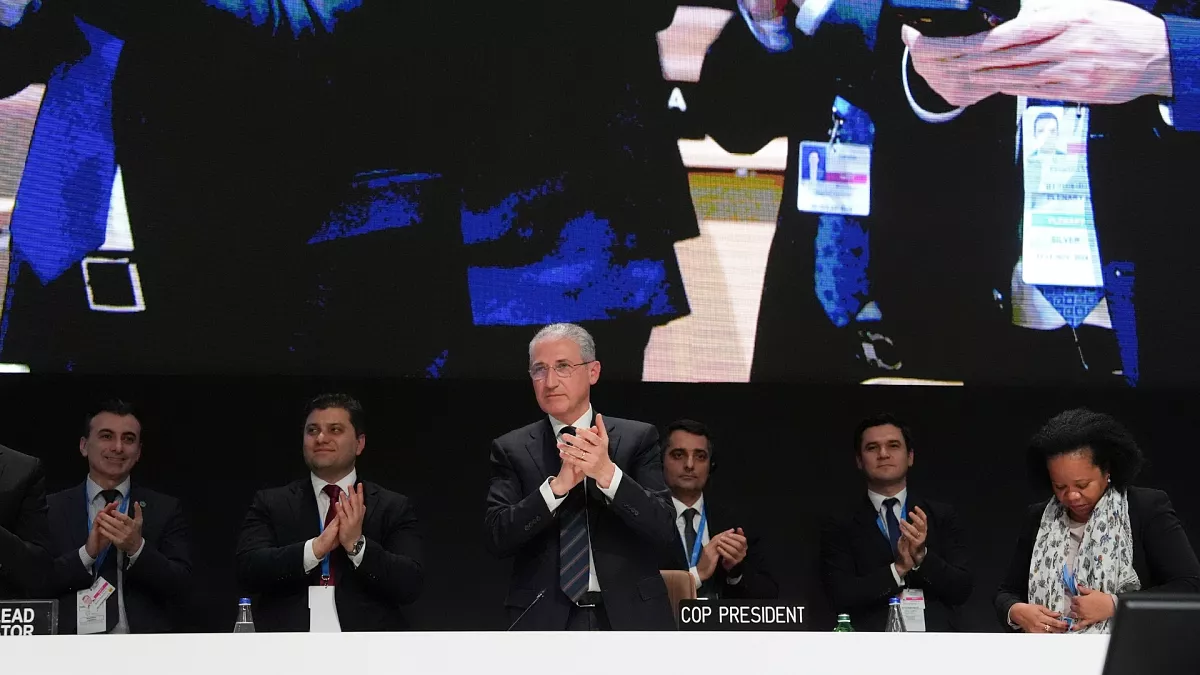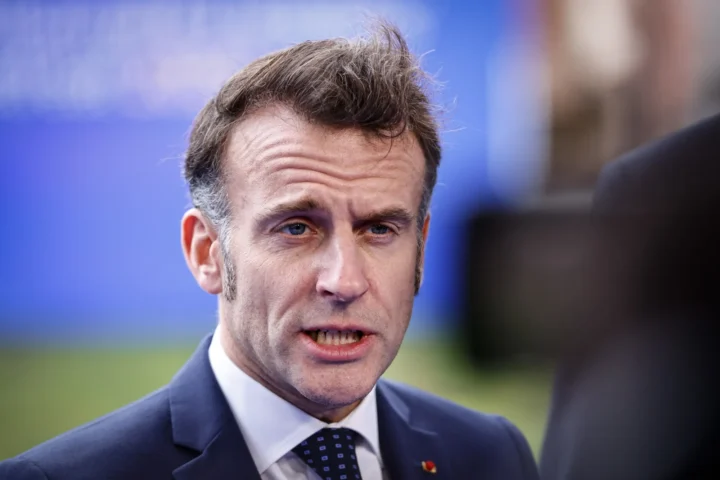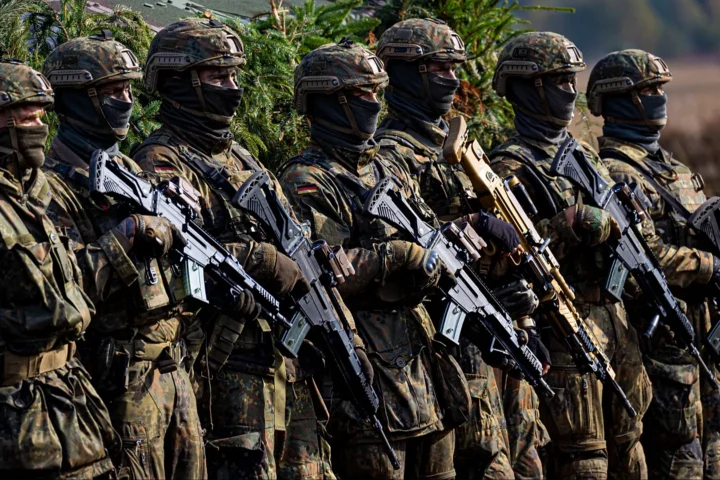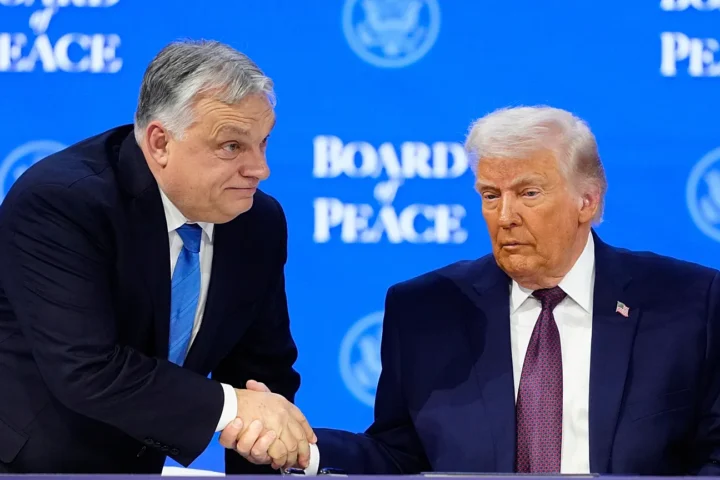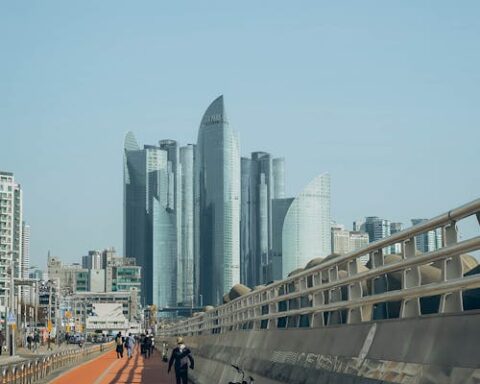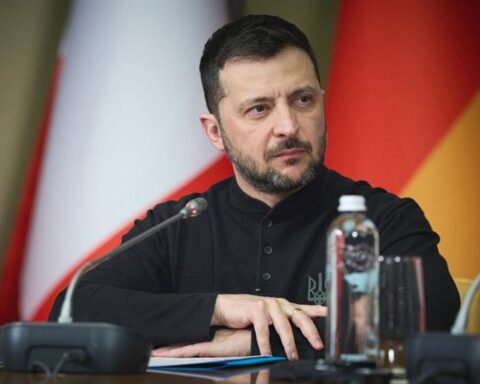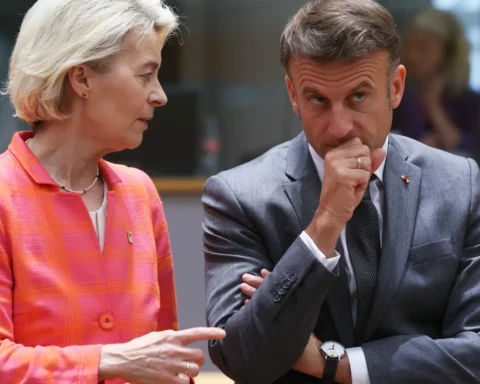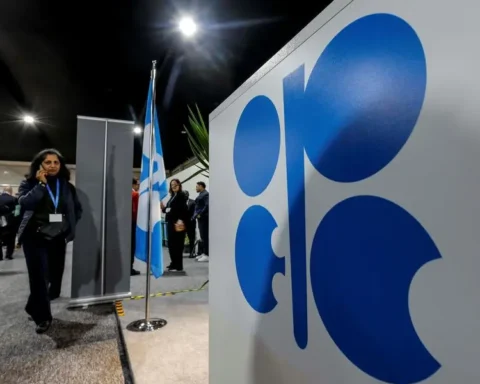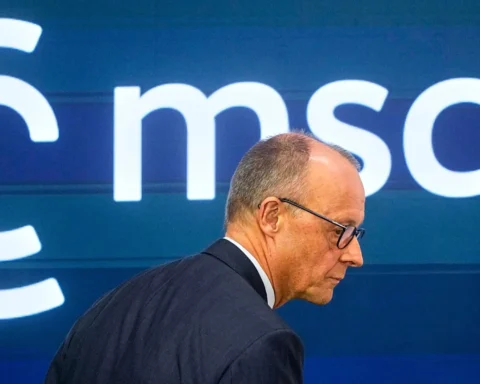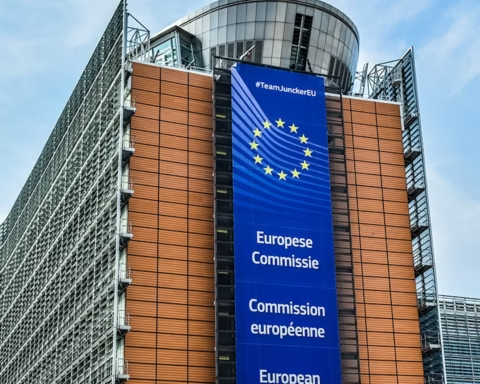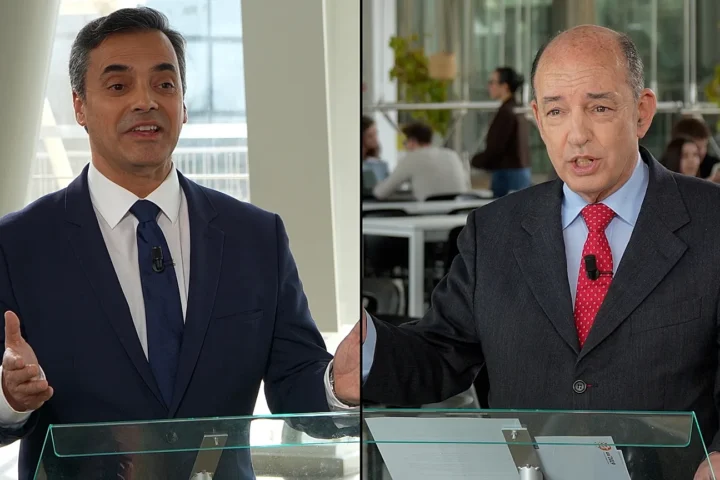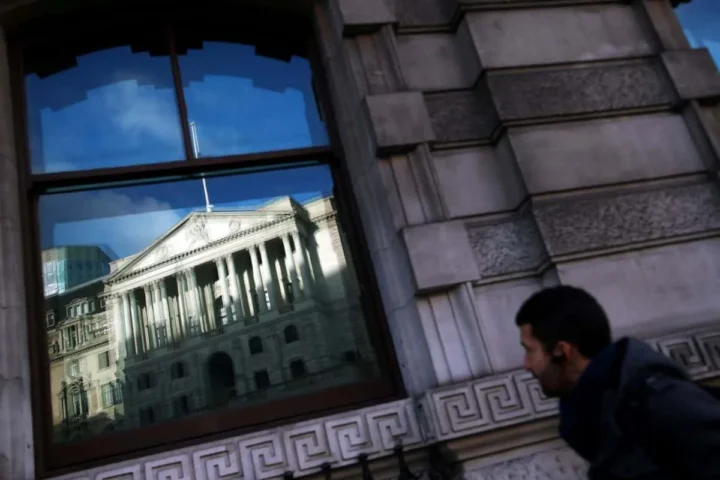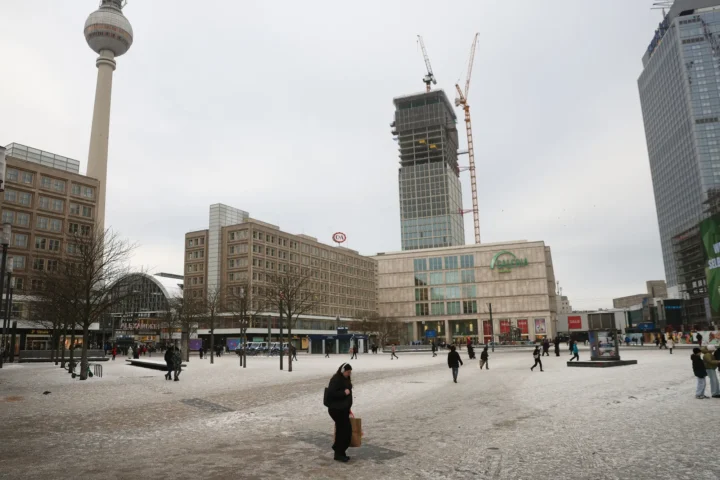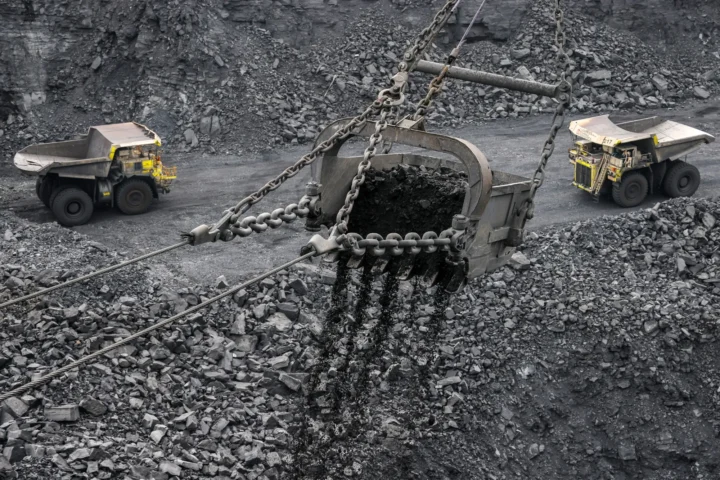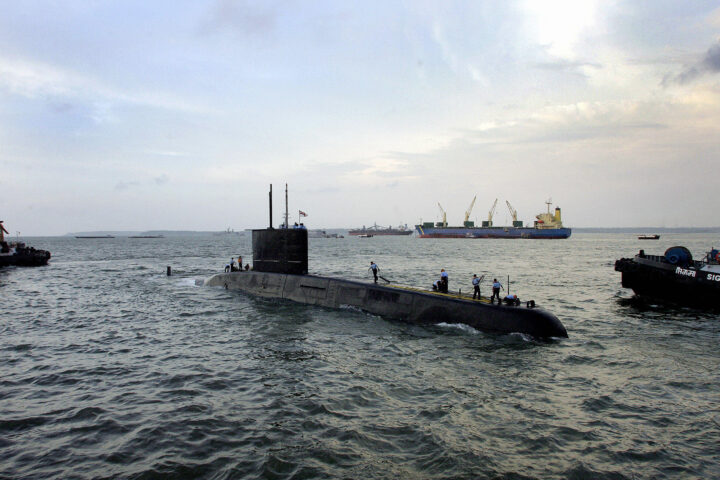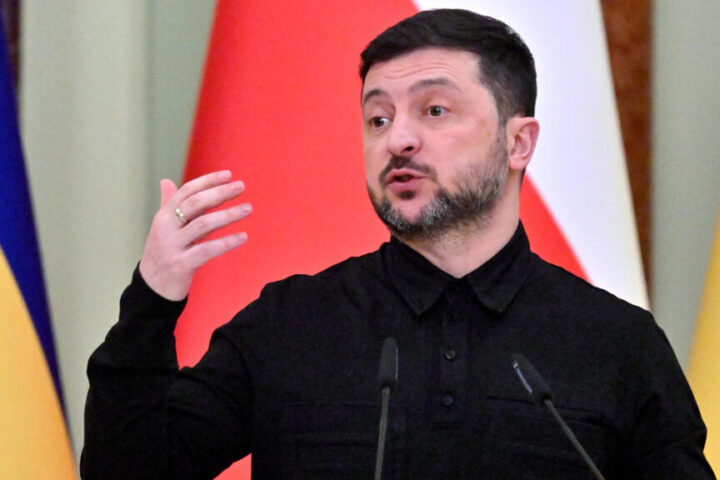As the delegates of COP29 pack their bags and the petroleum haze over Baku dissipates, one thing becomes painfully clear: the global climate community is still locked in a deadly dance of incrementalism. While politicians and negotiators pat themselves on the back for their “progress,” the planet hurtles toward an abyss with little to slow the descent.
The US$300 Billion Climate Finance Mirage
The highlight of COP29—a new climate finance target of US$300 billion annually by 2035—might sound like a major leap forward. But let’s not mince words: it’s a Band-Aid on a gaping wound. Developing nations, who are on the frontline of the climate crisis, have called for as much as US$900 billion per year to adequately address loss and damage, transition from fossil fuels, and adapt to climate change. Instead, they received what many rightly called “a paltry sum” or outright “a joke.”
Worse, the funding pledges are still voluntary, riddled with loopholes, and delayed to a date so far out that it could spell disaster for countless vulnerable communities in the interim. A closer look reveals the real message from COP29: rich nations are willing to offer token gestures of support, but the transformational climate finance needed to prevent widespread catastrophe remains elusive.
Carbon Markets: Greenwashing in Disguise?
Another so-called victory from COP29 is the establishment of rules for an international carbon trading market. On the surface, this seems like a pragmatic step to incentivize emissions reductions and protect carbon sinks. But dig deeper, and the flaws are glaring. Will these markets reflect genuine emissions cuts, or will they become another tool for greenwashing?
History suggests the latter. Carbon trading schemes often lack transparency and accountability, enabling polluters to claim offsets for dubious projects while continuing business as usual. Without rigorous enforcement and independent verification, this “achievement” risks becoming a dangerous distraction from the urgent need to phase out fossil fuels entirely.
The Fossil Fuel Fiasco
And speaking of fossil fuels—did COP29 even touch the elephant in the room? Despite last year’s modest progress in acknowledging the need for a fossil fuel transition, this year’s summit offered no concrete steps to phase out oil, gas, and coal. Instead, major producers like Saudi Arabia actively worked to undermine progress, while host Azerbaijan’s president proudly declared fossil fuels a “gift of God.”
How can we expect meaningful climate action when the world’s most powerful oil states continue to dictate the terms of the debate? Until fossil fuels are named, shamed, and explicitly phased out in climate agreements, the so-called progress at COP29 will remain an empty promise.
Trump, China, and the Shifting Power Dynamics
The specter of Donald Trump’s re-election loomed large over the conference, yet his influence on global climate action appears diminished. The United States, once a leader in these negotiations, now risks irrelevance as countries like China, Brazil, and the European Union step into the void.
But let’s not be too optimistic. While China touts its renewable energy achievements, it remains the world’s largest emitter. Brazil’s climate targets are undermined by its plans to expand oil production. And the EU’s rhetoric often outpaces its actions. Without genuine leadership and a unified vision, these shifting dynamics will do little to break the inertia stifling meaningful global progress.
A Bleak Outlook for COP30
As we look ahead to COP30 in Brazil, the question remains: will it be more of the same? The signs are not encouraging. The massive shortfall in climate finance, the vague and inadequate plans for phasing out fossil fuels, and the continued influence of petro-states all point to a world unwilling to rise to the moment.
The climate crisis demands bold, uncompromising action, not incrementalism and empty compromises. COP29’s incremental steps may keep the Paris Agreement alive for another year, but at what cost? With every delay, the price of inaction grows steeper—and the window for preventing catastrophic warming grows narrower.
If the global community doesn’t seize the opportunity to radically transform its approach at COP30, we may look back on COP29 as another tragic missed chance in humanity’s struggle for survival.
